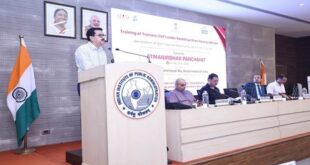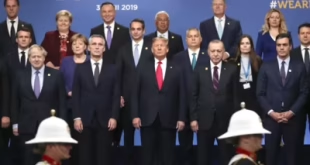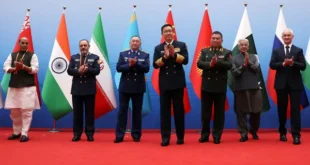- Recently, a proposal for setting up ‘Grievance Appellate Committees’ for hearing appeals regarding social media posts has been put forward by the government of India.
- One or more ‘Grievance Appellate Committees’ will be constituted by the Central Government as per the draft of the proposed amendments to the IT Rules, 2021.
- The appellate committees will be dealing with appeals by users against the decision of the Grievance Officer appointed by the social media intermediary.
- The committee will comprise a chairperson and other members appointed by the Central government.
Working:
- Any person aggrieved by an order of the Grievance Officer appointed by a social media network may appeal to the Grievance Appellate Committee within 30 days of receipt of communication from the Grievance Officer.
- The Grievance Appellate Committee shall deal with such appeal expeditiously and shall make an endeavour to dispose of the appeal finally within 30 calendar days from the date of receipt of the appeal.
- Every order passed by the Grievance Appellate Committee shall be complied with by the intermediary concerned.
- In 2021, multiple stand-offs over content moderation and takedown happened between the government and the social media platforms
- Twitter accounts of news websites, actors, political workers and bloggers, posting messages in support of the farmers’ agitation were blocked following government orders.
- As Internet access continues to rapidly expand in India, new issues related to the government policies also keep emerging. Therefore, it becomes necessary to address the gaps to deal with such issues.
IT rules, 2021
- The Information Technology (Intermediary Guidelines and Digital Media Ethics Code) Rules were notified by the government in 2021.
- Social media intermediaries, with registered users in India above a notified threshold, have been classified as Significant Social Media Intermediaries (SSMIs)
- SSMIs are required to appoint compliance personnel, enable identification of the first originator of the information and deploy technology-based measures for content identification.
- All intermediaries are required to provide a grievance redressal mechanism for resolving complaints from users or victims.
- A framework for the regulation of content has been prescribed by online publishers of news and current affairs content, and curated audio-visual content.
- A three-tier grievance redressal mechanism with varying levels of self-regulation has been prescribed for publishers.
Key Issues:
- The rules may be going beyond the powers delegated under the IT Act, 2000 in certain cases like providing for the regulation of SSMIs and online publishers, and requiring certain intermediaries to identify the first originator of the information.
- Grounds for restricting online content are overbroad and may affect freedom of speech.
- There are no procedural safeguards for requests by law enforcement agencies for information under the possession of intermediaries.
- Requiring messaging services to enable the identification of the first originator of information on its platform may adversely affect the privacy of individuals
SOURCE: THE HINDU,THE ECONOMIC TIMES,MINT
 Chinmaya IAS Academy – Current Affairs Chinmaya IAS Academy – Current Affairs
Chinmaya IAS Academy – Current Affairs Chinmaya IAS Academy – Current Affairs



